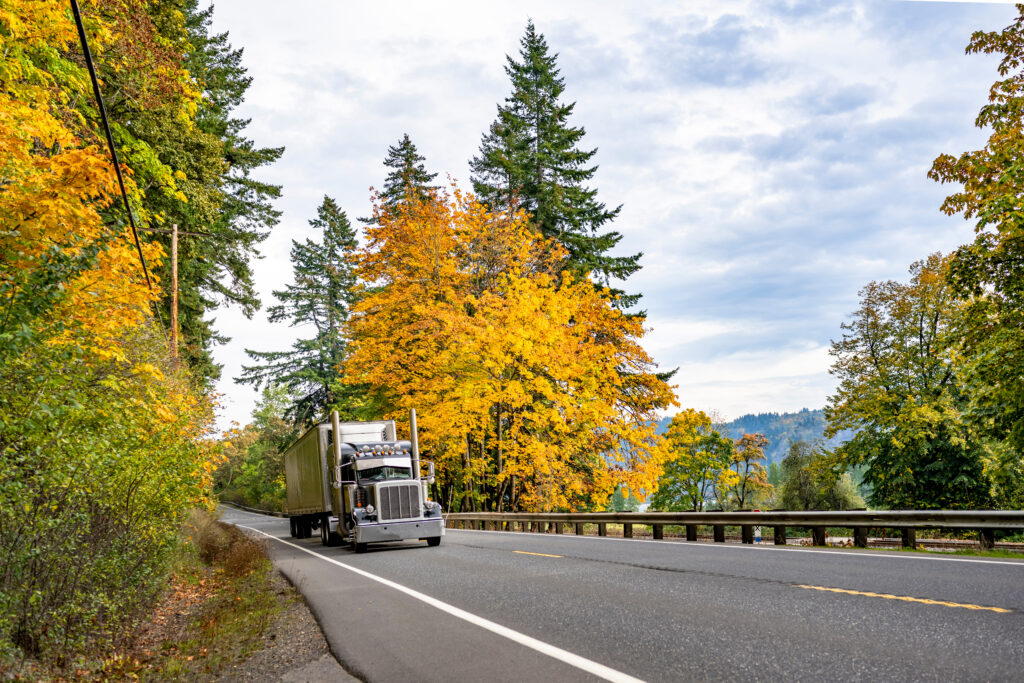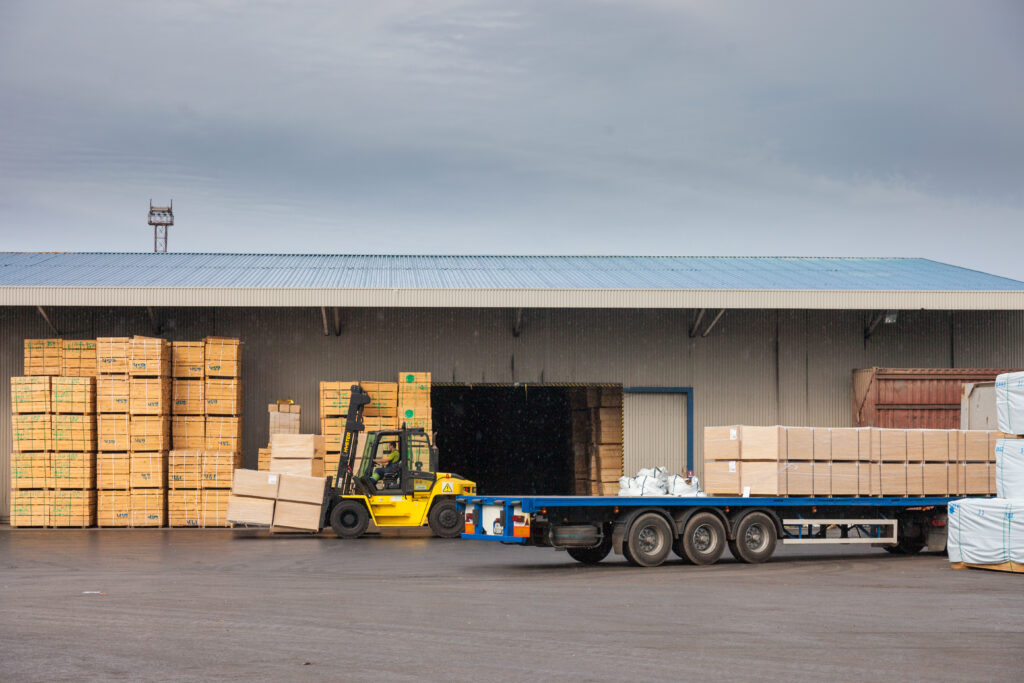
What to Do After Buying a Motorcycle
What To Do After Buying a Motorcycle After buying a new motorcycle, your inclination may be to begin riding right away. Although you may want
If your trucking company has employees, depending on where your business operates, workers’ compensation coverage may be required by law. As a business that relies on driving, one of your employees getting in an auto accident is a very prominent risk. A workers’ compensation policy can cover things like medical bills, emergency room visits, and ongoing care costs if your employees become injured because of work related events. Because policies vary, it is important to review your workers’ compensation policy with a local agent to see what is covered.
Workers’ Compensation is insurance that offers benefits like payments for medical care and income replacement in circumstances resulting from employees experiencing a covered injury or illness while at work. Workers’ Comp can also provide employers protection against some civil lawsuits filed by their employees.

There are many types of vehicles utilized by trucking companies. If your company utilizes vehicles that are shown in one of the following categories, you may want to consider speaking with an insurance agent to discuss your insurance options:
According to the National Council of Compensation Insurance (NCCI), workers’ comp codes are an assigned classification that matches a job description and defined risk of exposure to a workers’ comp policy. These codes are used to help calculate the premium of a policy and help the client determine the cost they may pay.
Although these codes are a major tool used to determine how much your workers comp may cost, they are not the sole factor. The following section discusses some of the other components used to calculate a policy’s cost.
If you are looking to get a quote for your trucking company, reaching out to us is as simple as filling out this form. If you prefer to call one of our offices to start the quoting process, you can find a list of all of our offices here. From there, a member of our team will connect with you to get more details on the size of your business and the types of insurance plans you are interested in. The following list are some of the various trucking company factors that may affect your insurance costs.

The trucking industry has a high-risk work environment, from loading freight to driving long distances in treacherous conditions. Workers’ compensation is legally required for most employers in most states. As drivers are subjected to a wide variety of risks, workers’ comp can help cover medical bills for employees who are injured or become ill because of work related events. Some of the common injuries experienced as a trucker are:
Typically, a workers’ comp policy can help your employees who are injured or become ill because of work related events by covering their medical bills, as well as ongoing care costs for things like physical therapy and rehabilitation. Workers’ comp policies usually provide some form of wage replacement benefits for employees who miss work due to covered injuries or illnesses. It is important to review your workers’ compensation policy with a local agent to see what it covers.
After reporting an injury or illness, as time passes, you will want to notify your employee of the plan going forward. Implementing a return-to-work policy that can help injured employees get back to work is an important step that your trucking company should take. Some key things to focus on when creating a return-to-work policy are eligibility, as well as transitional job positions. The employee may have work restrictions from their treating physician. As an employer, it may be beneficial to offer a flexible schedule for a designated time as part of the return-to-work process.

The trucking industry can be expensive – between purchasing equipment and compensating your employees for their hard work, you spend a lot to make your business grow. When there is an opportunity to save, you want to take advantage. The following are some ways you could help to reduce your insurance costs.
Commercial Auto
In the trucking industry being on the road is your job, and with that many miles transporting goods, there is plenty of risk. Having commercial auto coverage is possibly one of the most important coverages to consider.
Inland Marine
Inland Marine can provide financial protection for your business’s equipment, products, parts, and even materials while they are being transported over land. This means equipment like forklifts, dollies, pallet jacks, and parts such as chains, belts, protective equipment, and goods that are being transported by truck or by train can be covered.
General Liability
General liability insurance can help to provide your trucking company with protection for certain third-party liability claims related to your business operations, such as someone (other than an employee) who suffers bodily injury or property damage due to your company’s negligence. Some general liability policies also include coverage for certain types of personal and advertising injuries, such as claims for defamation or copyright infringement.
___________________________________________________________________
This article is for general informational purposes only and is not to be relied upon or used for any particular purpose. Cross Insurance shall not be held responsible in any way for, and specifically disclaims any liability arising out of or in any way connected to, reliance on or use of any of the information contained in this article. The information contained or referenced in this article is not intended to constitute and should not be considered legal, insurance, accounting or other professional advice, nor shall it serve as a substitute for the recipient obtaining such advice. The views expressed in this article are that of its author and do not necessarily represent the views of Cross Financial Corp. and its subsidiaries and affiliates (“Cross Insurance”) or Cross Insurance’s management or shareholders.

What To Do After Buying a Motorcycle After buying a new motorcycle, your inclination may be to begin riding right away. Although you may want

New Hampshire Homeowners Insurance How to Get Insurance Quotes for Your Home in NH When it comes to selecting an insurance policy for your New

What to Do After Buying an Existing Business The time period after buying a business can be both exciting and stressful. Making an investment into